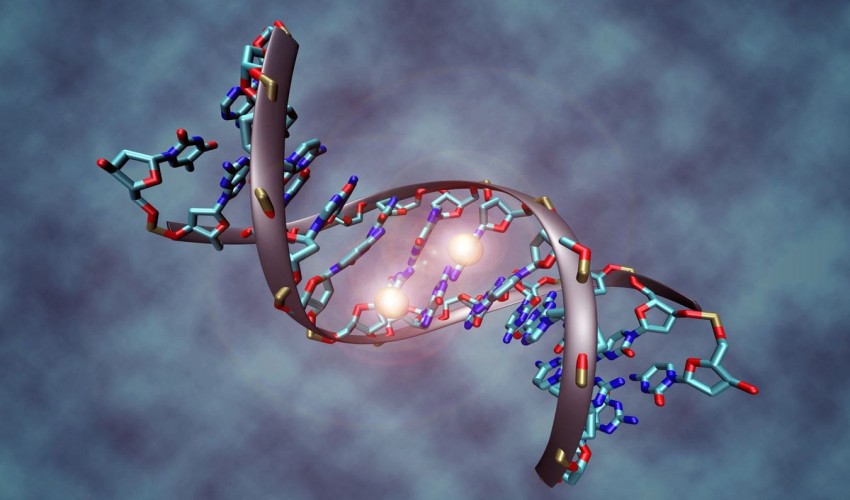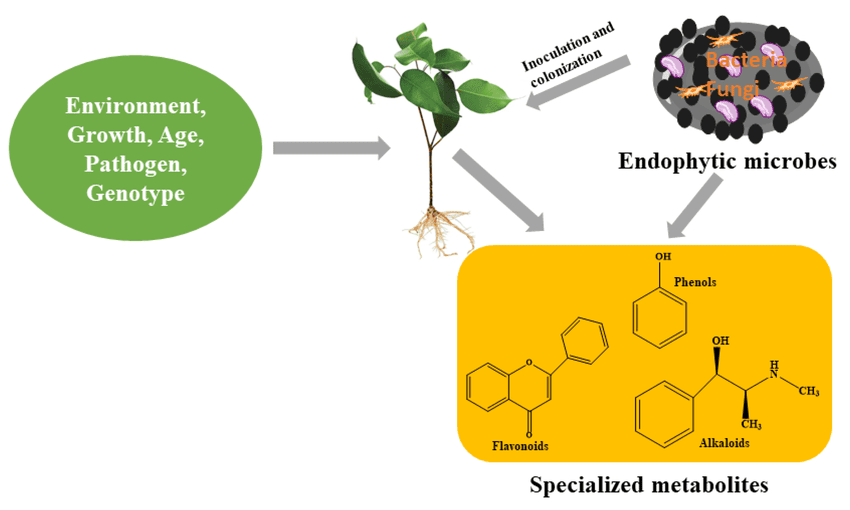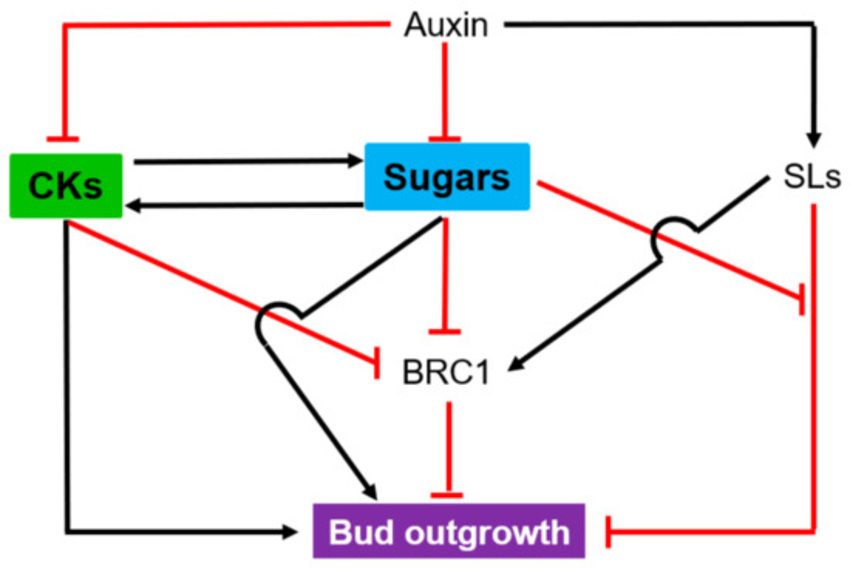
Human Genetics
Human genetics is the study of inheritance as it occurs in
human beings. Human genetics encompasses a variety of overlapping fields
including: classical genetics, cytogenetics, molecular genetics, biochemical
genetics, genomics, population genetics, developmental genetics, clinical
genetics, and genetic counseling.
Genes are the common factor of the qualities of most
human-inherited traits. Study of human genetics can answer questions about
human nature, can help understand diseases and the development of effective
disease treatment, and help us to understand the genetics of human life.
Human genetics, study of the inheritance of characteristics
by children from parents. Inheritance in humans does not differ in any
fundamental way from that in other organisms. The study of human heredity
occupies a central position in genetics. Much of this interest stems from a
basic desire to know who humans are and why they are as they are. At a more
practical level, an understanding of human heredity is of critical importance
in the prediction, diagnosis, and treatment of diseases that have a genetic
component. The quest to determine the genetic basis of human health has given
rise to the field of medical genetics. In general, medicine has given focus and
purpose to human genetics, so the terms medical genetics and human genetics are
often considered synonymous.
- DNA and gene structure
- Chromosomes and chromosome replication
- Genetic expression
- genomes
- and the transcription/translation process
- Classical Mendelian genetic theory
- Bacterial and viral genetics
- Gene regulation and gene manipulation
- Gene mutations and gene repair
- Chromosomal genetic diseases
- Autosomal dominant genetic diseases
- Autosomal recessive genetic diseases
- X-linked genetic diseases
- Modern genetic engineering and solving genetic problems
Recent Published
Submit Manuscript
To give your manuscript the best chance of publication, follow these policies and formatting guidelines.


